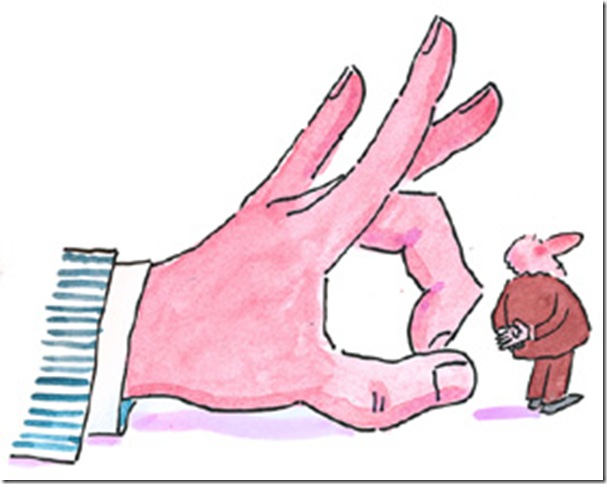Getting Professional Help Can Shorten Your Job Search – Example 2- Interview Mistakes
The first article addressed how to handle the problem of turnover. This example deals with two simple issues that could have resulted in the person not getting the job because of simple mistakes that were easy to fix. The person just didn’t know how. Any professional career coach, outplacement firm, job search coach, or executive recruiter should know exactly how to help you: 1) not make the mistake in the first place and 2) how to overcome it once it has happened.
The candidate called me and said, “I think I may have just blown an interview with the way I answered one question. Is there anything I can do?” “What was the question?” I asked. He replied, “The CEO asked me what I wanted to do with my career, and I told him that I love marketing, and wanted to be a VP of Marketing in a medical device company.” Since he was interviewing for a VP of Marketing position in a medical device company that would seem to align well with the what the CEO was looking for. Also, given the candidate’s background and experience it was a reasonable answer.
Then the CEO came back with, “Well, that could be a problem here, as we like to hire people that want to move up in the organization and that strive to be better and not just do a job.” OOPS, there is a big communication gap here. The CEO meant one thing and the candidate interpreted it another way. This is often the kiss of death.
So what would have been different had this candidate been working with a professional?
- The mistake should never have happened. The candidate wasn’t prepared. From a professional’s point of view this question should never have been answered. It is clearly vague and too open to interpretation. What does career mean, what time frame is the CEO addressing, what is the motivation for asking this question, how soon does the CEO expect a person to move up, etc? These all need to be clarified prior to either answering the question or integrated into the answer.
- The candidate would have been prepared not to fall into this trap. It wasn’t a trick question, and certainly not a deliberate attempt to trap the candidate. It was just one of those questions often asked that are so vague that the candidate doesn’t really know how to answer or there are just too many ways to answer it.
- Once this happened, a professional would know exactly how to minimize the damage. Since the candidate felt this was the turning point in the interview, and this was a critical mistake that would cost him the job, it can’t go unresolved.
Again, like the first example in this series, it was an easy fix. There was no guarantee the fix would work, but it certainly couldn’t make matters worse . At this point, the candidate was convinced he wasn’t getting the job. There was no place to go but up.
Since the candidate now knew what the CEO was looking for in this question, we simply expanded on the candidate’s answer in his thank you letter. The candidate explained that he thought the CEO was looking for a short term answer to what he wanted in his career, so he answered it with the next three to five years in mind. However, longer term he would expect to move up in an organization within five to eight years. Obviously, a little more detail was added, but you get the picture.
It worked, and he did get the job. We know it worked because the CEO told him that the thank you letter changed his mind.
I believe, and the candidate believes, that the professional help was directly responsible for getting this job. He believes it saved him additional months of searching for a position. As he told me, “Even if I found a job one month later, it would have cost X in lost salary.”
Getting professional help can save you thousands of dollars. Take your monthly salary and multiply it by how many months you have been looking for a job. That is the cost of unemployment. Finding a job one month earlier because you got professional help is cheap compared to the alternative.
The final article in this series will help you identify the right professional. There are many frauds and unqualified people posing as professionals that take your money and don’t deliver results. These must be exposed and avoided. There are also many outstanding people that are true professionals, highly skilled, and with great experience, that are worth far more than they receive from helping candidates find a job.
We offer many free tools to help you. CLICK HERE to download a free sample cover letter that recruiters like. CLICK HERE to download a sample thank you letter that will make sure you are remembered. CLICK HERE to download a free LinkedIn profile assessment that will help you build a great LinkedIn profile.
Finally, consider joining our LinkedIn Job Search Networking Group. It has a wealth of great articles and discussions to help you in your search. CLICK HERE to join the other 5,300 members of this group.
I welcome your thoughts and comments. If you liked this article, please tweet or re-tweet it so others can benefit.
Brad Remillard









